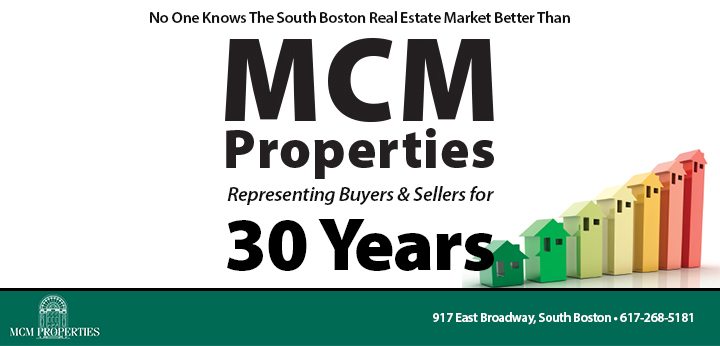
When the zoning changes in South Boston were vetted and codified in December 2016 by the City of Boston through a series of public meetings led by Mark McGonagle, community liaison for the Boston Planning and Development Agency (BPDA), the expectation was that “variance applications and public meetings would be a thing of the past” and “predictability” was the buzzword. The folks in City Point apparently didn’t get the memo.
Earlier this week, the owners of 202 M Street, a single-family home sitting on 4467sf of land, had to hold a public meeting due to it being located in the ‘green belt protection overlay district’. Had it not been for that technical hurdle, the new owner/developer would have been awarded a permit for 5 units of housing with parking ‘as a matter of right’, according to representatives of the City.
The developers may still be awarded the permits, but not before the area residents express to the developers their opinions as to design, height and density. Residents are also angry that they had not clearly understood the impact of the zoning changes. At the recent abutters meeting, which drew nearly 100 people, Councilor Michael Flaherty stated that he had conferred with the other elected officials and expressed their collective opposition to the proposal, on their behalf.
As reported in a January 2017 article in the Boston Globe, ‘The rules are an attempt to restore order to a booming neighborhood that can feel like a giant construction site, and a sense of fairness to a development and permitting process often shaped by influence and special exemptions.’ Top of FormBottom of FormSharply cutting back on variances, which are exceptions to the zoning code, would also eliminate a bureaucratic bottleneck in the permitting process that, as the Globe had also reported, can be ‘exploited by developers, civic associations, neighbors, and organized labor.’
Quoted in the January article, Mayor Martin J. Walsh indicated that City Hall will take a hard line to enforce the new zoning. In a statement, Walsh’s office said it was “unlikely to speak in support of requests for variances before the Zoning Board of Appeals in order to allow the zoning to mature and have the intended impact on the neighborhood.” One hoped-for benefit is that the new zoning bylaws could also create more affordable housing. There may be a market for senior housing in some form, so that seniors might still enjoy independent living. The hope for affordable housing and senior housing is a noble idea and desperately needed in South Boston, but never did get articulated in the final language of the zoning ordinance.
In most of South Boston covered by this re-zoning, the 2 and 3 family properties are sitting on between 1800 and 2500 sf feet of land and any increase in living space at the 2.0 floor area ratio formula would allow owners to expand their apartments to accommodate a growing family or to be able to make them more marketable for renting.
City Point is a section of South Boston where larger lots are plentiful. It has always been a section that sought to preserve its open space, given that it is the farthest point of the peninsula and is surrounded by water. The density has been zoned at 0.8 of lot size. In the case of 202 M Street that would allow for living space of up to 3574sf and a reasonable increase in units to two units of 1800sf or even three units of 1100sf each. Under the new universal zoning of 2.0, 8904sf of living space would be allowed and the height of 40ft, which is why the new owners are proposing five units.
Predictability and uniformity are important aspects of the re-zoning. In the case of City Point, now that the process is in effect, the devil will surely be in the details. Some homeowners can see an opportunity to get a high price for their property, while others want to preserve the Point’s open space and characteristic housing features. It remains to be seen how 202 M Street will play out. Ed McGuire, of Neighborhood Services, representing the City, indicated to the abutters that he would be bringing their message to the Mayor – The abutters message is: “We don’t want the new Article 68 zoning.” A repeal of Article 68 may be in order so that adjustments to the Article 68 zoning code can take place. In the meantime and in the interest of the residents of South Boston, an immediate moratorium on building demolition and a temporary freeze on an increase in the number of units should be considered.













